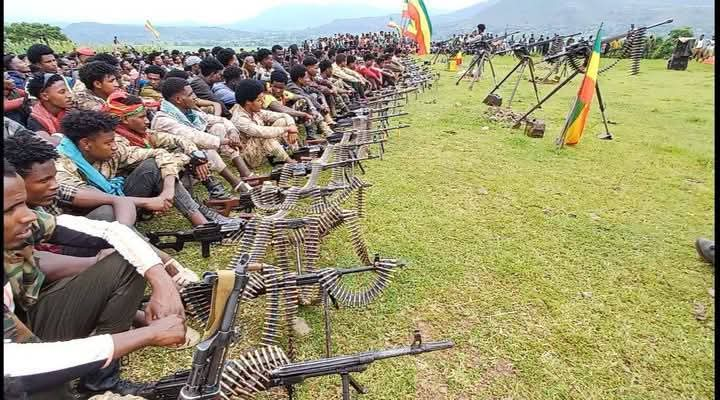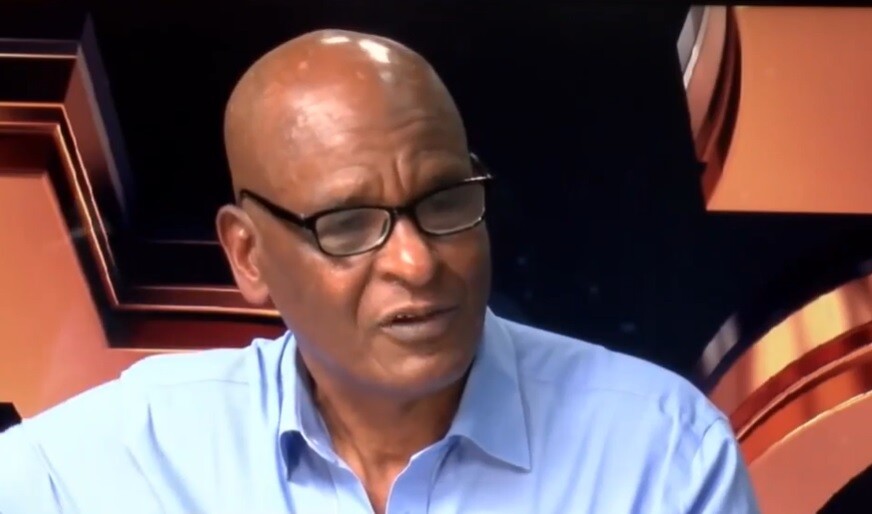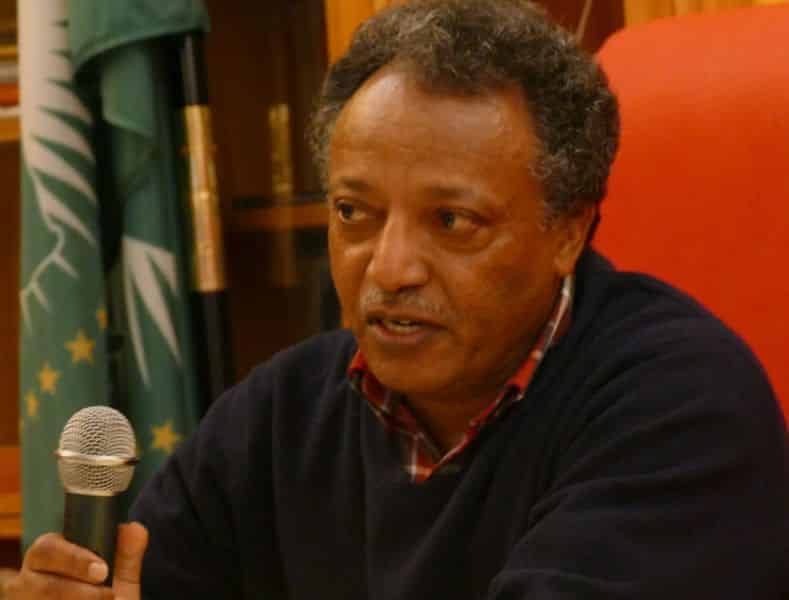By Alison Rusinow
The global food price crisis: It’s rightfully making headlines in the international media, causing grave concerns amongst international donors and humanitarian agencies world-wide and even focusing the attention of leaders at the G8 summit.
But what does it mean for the most disadvantaged people in one of the poorest countries in the world, vulnerable to the impacts of both climate change and global food price fluctuations?
We surveyed 1,070 older people in Addis Ababa last year (with IOM and funding from UN-OCHA). 845 of them, or 79%, said they ate only once or twice a day. Since then food prices have surged 32.2% (according to the Ethiopian Central Statistical Agency, May 2011).
In the last three years, basic food, such as rice has increased from 6.10 birr per kilo to 15.00 (1 birr=0.37 GBP). Flour from 3.60 to 7.50.
Where does that leave older Ethiopians today?
Older people in Ethiopia
As health care improves, life expectancy in Ethiopia has finally risen above 50 and nearly 5% of the population, around five million people, are over 60.
However, as the economy expands and urbanisation rises, traditional support mechanisms are crumbling. Just when many older people were expecting to be looked after by their children, they are often left to fend for themselves, or look after grandchildren left with them by children who have migrated for work or died of AIDS related illnesses.
As many as 2.5 million of the approximately 40 million children below the age of 14 in Ethiopia are being cared for by their grandparents. But the price of food is making this more challenging for a large number of older carers.
How older people manage
Only 17% of the Ethiopian population over 60 receive any kind of pension, the rest continue to work or get support from friends and family, if they can.
Even those with a pension struggle. Getachew, who served in the army for 21 years before retiring, recently had his pension increased, from 3.70GBP to 5.56GBP per month, in response to the food price increases.
He appreciates the raise, but adds: “There are still days I go without food and coffee, because I can’t afford it”.
And he’s one of the lucky ones with a regular monthly income and support from a day care centre run by HelpAge partner CBISDO. He receives a daily meal there, help with health care costs and has had his home renovated.
Tadesse, an 86-year old former farmer is one of the 44% of Ethiopians who live below the poverty line on less than 0.60GBP a day. He explained: “When I was a farmer, I never knew I could be in a situation where I could not eat. I always had a supply of healthy food. But that was a long time ago. Now, in my old age, I struggle for food.”
Price hikes mean less food
Tadesse also receives support from a HelpAge partner, Eneredada, where he used to receive help to pay his rent, some work and a food packet every month. He continues to have his rent paid and still works, tying knots on traditional scarves made at the centre.
However, the food price hike over the last three years has meant the centre can no longer afford to provide food packages, but gives cash to the older people in its care.
Tadesse remembers: “When I first started coming to Eneredada, things were very good. I used to be given 15kg flour, one bar of soap, one litre of oil, three litres of kerosene, charcoal and coffee. Now I get 3.70GBP per month to buy food. One kilo of coffee costs 4.07GBP. It used to be 0.96GBP only one year ago. The price is too much for food now. How can I afford to buy food?”
Imran Abubeker, Project Coordinator at Eneredada says: “The food price has trebled in the last three years. We’ve started transferring money to older people to buy their own food. They do not like it and have been complaining that they cannot buy the same amount of food that we used to provide… But right now, there is nothing we can do because of the high cost.”
Children prioritised
Grandparents in Ethiopia are the primary carers for 2.5 million children, doing their best to ensure the children are cared for and go to school. But the food price hikes mean these grandparents now frequently have to choose between feeding themselves or their grandchildren and invariably they prioritise the children.
Tsehay, 60 and her 78-year old husband, Zewude, have cared for their two granddaughters, Eileni aged three and Hermela, aged eight since their mother left to look for work. She hasn’t been back since or sent any money home.
With limited income from a small baking business and rising food prices, it is increasingly difficult for her to ensure her grandchildren eat regularly and are able to go to school.
Speaking about the food they eat, Tsehay says: “Previously when we had money and the food price was normal, we used to be able to get peas, lentils, potatoes, so the girls could get proper nutrition.
“But since the food prices have gone up we can only eat one type of food (e.g. sauce made from peas). I worry about the girls not having proper food. When we had money we used to buy good quality peas. One year ago they cost 0.30GBP per kilo, now they cost 0.48GBP a kilo.”
The mounting pressure of giving up meals and working longer hours cuts into the time Tsehay is able to spend nurturing her grandchildren, helping them with homework and playing.
Action on food price hikes must pay attention to the most vulnerable
As governments, donors, INGOs and others grapple to find solutions to the crisis, the needs of older people and those they care for, must urgently be taken into consideration. Increasing numbers of older people fall through the cracks in existing systems and are left with nothing. The feeding and cash transfer programmes mentioned here are examples of projects that are more and more difficult to fund.
Agricultural solutions are vital, changes to the way markets work are essential, the issues of land grabbing and the use of prime agricultural land to produce fuel for cars that are largely driven in developed countries all need attention.
However, the immediate needs of those who are suffering the most must not be forgotten. Ideally cash transfers and scalable safety nets need to be introduced, where they do not yet exist, for the most vulnerable, with good governance and strong accountability built into programmes.
If health and life expectancy improvements continue, hopes are high that 10% of Ethiopia’s population will be over 60 by 2040. Many of them will continue to work and contribute to society, but if the solutions to the global food crisis do not include ways to address the needs of the world’s most vulnerable groups, including older people, much of the progress made to improve food security and reduce poverty globally in the last 50 years will be undone and accompanied by the risk of increased insecurity, and more civil and international conflicts.










